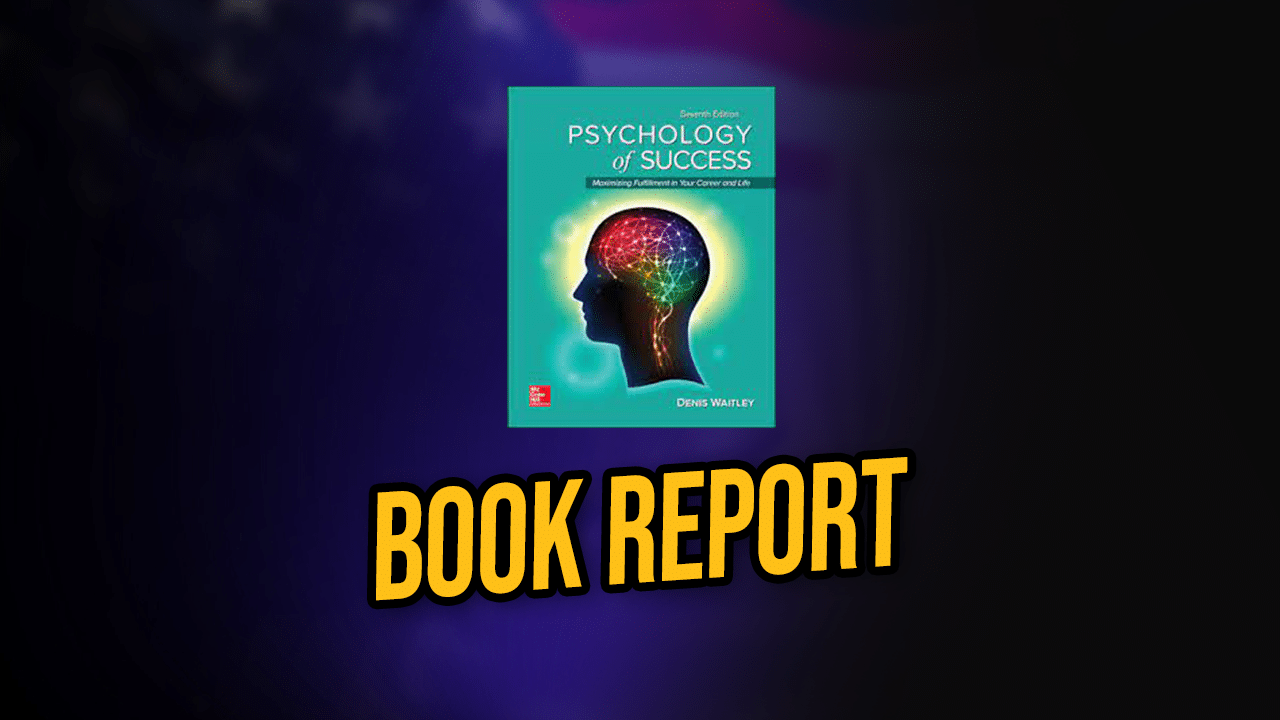
22 Aug Book Report
Mindset – The Psychology of Success
Carol S. Dweck, Ph.D.
Admittedly, I was unenthused about this book when it arrived. I have been enjoying fiction and philosophy, which is a jump from a “business book”. The book, however, came from a family friend and included a letter explaining why he chose to have this sent to me and how it positively impacted his life. Hard to turn down something like that. The Psychology of Success is also about succeeding in parenting, school and relationships, not just business, which caught my interest.
The book centers around the idea of the variances between a fixed mindset and a growth mindset, and how these two mindsets impact the lives of readers and those around them. If someone has a growth mindset they are willing to adapt, learn, admit their faults and face hard truths. In turn, they will grow and succeed. On the other hand, if someone has a fixed mindset, they will avoid anything in which they might fail or have to improve, they seek constant validation, and these fears and needs set them up for failure.
There are case studies of disastrous long-term business decisions from people like Lee Iacocca at Chrysler Motors, Ken Lay at Enron and Steve Case at AOL. They show how a fixed mindset eventually brings down employees and organizations. Lou Gerstner at IBM and Anne Mulcahy at Xerox, however, have a clearly visible growth mindset and turned dying companies around. These are CEO’s who put their egos aside, recognized their teams, empowered employees, and were constantly willing to look for mistakes and improve upon them.
Like I mentioned above, at first this book appeared as a motivational business read. However, the section on relationships lays out ideas which move it out of that realm. People can decide what type of relationship they want and learn who they are. Do they want someone who will support their ego or someone who will challenge them to be a better human? You can find a partner who will put you on a pedestal, make you feel like you’re perfect, beckon at your every call and need. Or you can work to have a relationship where your partner can see your faults, help you work on them, challenge you to grow and you accompany each other as you evolve into better versions of yourselves both individually and as a couple.
A quote from the book that caught my attention is: “Never stop trying to be qualified for the job you have.” In my opinion, this goes beyond work and applies to many aspects of life. For example, relationships with family, friends and your partner. Even for those who unconditionally love you, never simply expect that love, but continue to earn it however best you can. That can be done through not only treating your partner well, but by being introspective and willing to change your ways so as to continually improve.
It is uncanny how often I get smacked in the face by reality in here and am reminded of my situation. When you’re good, you’re good. Then all of a sudden, you remember you’re in prison, you can’t go home, and you really miss everyone you love. Life is going by and I’m not there with the people I care about. It is tough, trying to make the best of this day in and day out, but also being okay with missing everything and everyone, and making space for that. Like most everything I read, there are interesting correlations to draw between the lessons gleaned, prison and life outside of Yankton.
There was one part of the book that struck a chord with me in this regard. “Performance cannot be based on one assessment. You cannot determine the slope of a line given only one point, as there is no line to begin with. A single point in time does not show trends, improvement, effort or ability.” “An assessment at one point in time has little to no value for gaining insight into someone’s ability, let alone their potential to succeed in the future.” Unbeknownst to me, NASA, when reviewing applications for astronauts, rejected people with pure histories of success and instead selected people who had significant setbacks and bounced back from them.
I cannot leave here and let this single experience of my lifetime define me indefinitley. I cannot leave here and blame anything bad that happens in the future on the fact that I was in prison. I cannot leave and use this as an excuse for not living the life both me and those I love want to live. When you fail you have to ask yourself, what have I learned from this experience, what might I still learn from it, and how am I going to use this to grow.
If you cannot self-correct, you cannot thrive.

